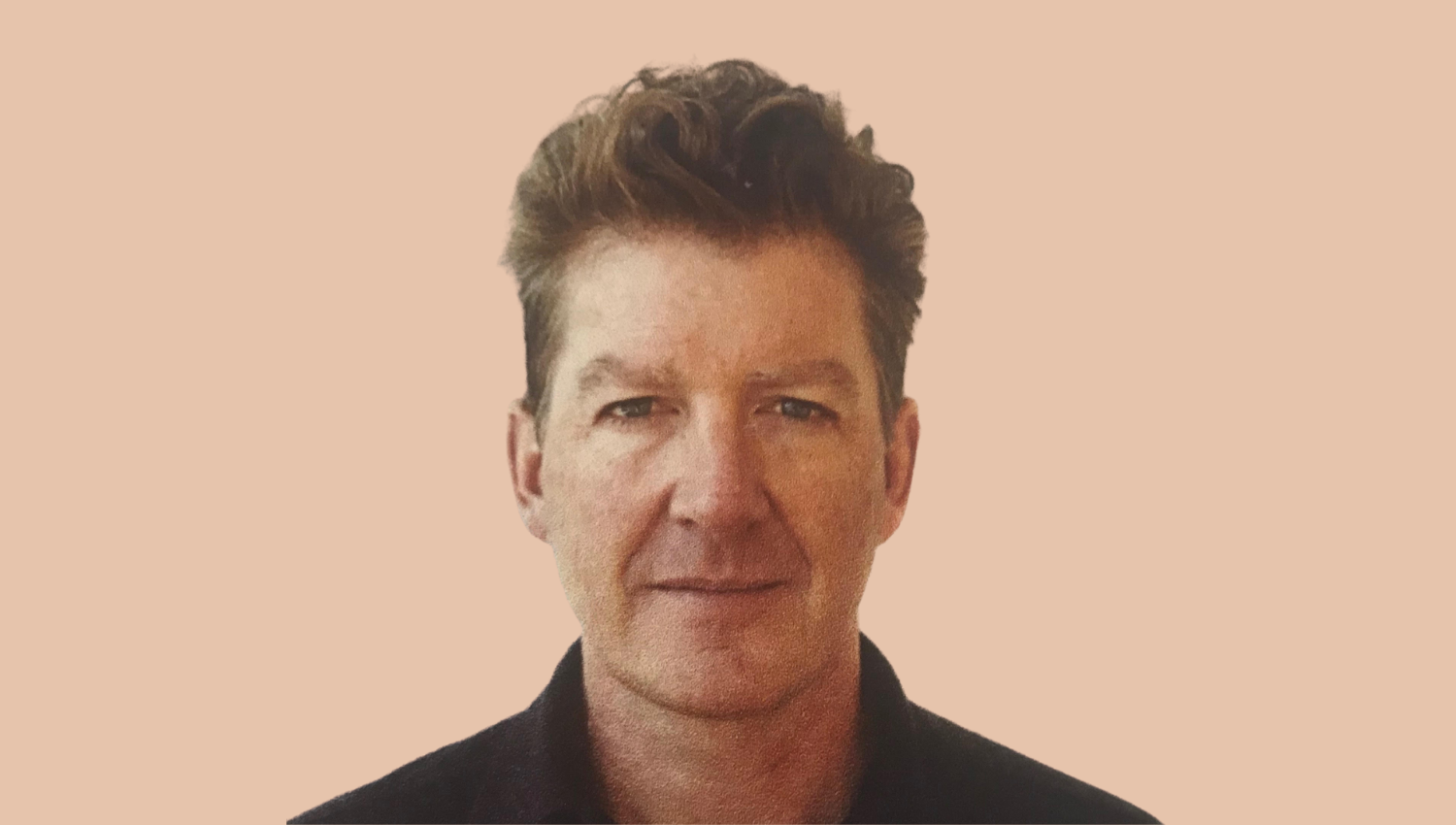The creator of The North Face’s FutureLight technology has left that brand and taken his innovation expertise to a startup company looking to disrupt not just the outdoor apparel market but other industries as well.
Scott Mellin, whose last day as global general manager of TNF’s Mountain Sports division was April 2, is now CEO of the newly formed company LifeLabs Design Inc. The commercial brand is built on patented textile technologies from two Stanford University scientists: Professor Yi Cui, director of Stanford’s Precourt Institute for Energy and a 15-year veteran of the university’s department of materials science and engineering; and Meng Sui, CEO of EEnotech and 4C Air Inc., and a chemist and patent agent.
The company says it has created an insulating material that provides the same amount of warmth as a quilted down jacket but with the thickness of only the exterior shell fabric—no insulation or extra layers needed. The result is a much thinner, lighter, and more sustainably produced garment.
“It’s a pretty sophisticated build process to make insulated garments,” Mellin told ���ϳԹ��� Business Journal. “This creates the same CLO value [the measure of a clothing item’s thermal insulation] so that you could reduce the amount of materials required to keep people warm. This is a significant breakthrough because there’s less virgin material, recycled material, and animal material going into a garment that’s going to keep you just as warm. The value proposition for the consumer is obvious—same warmth, less harm.”
Conversely and equally compelling, Mellin says, the company has developed a heat-reducing material—a proprietary, patented, yarn-based cooling technique that “lowers your skin temperature by up to two degrees Celsius, meaning you have greater comfort in warm, humid environments.”
Outdoor Apparel and Beyond
The company believes its energy-transforming textile technology, which isn’t yet in production and will be sourced around the globe using various suppliers, can revolutionize a myriad of consumer products besides outdoor apparel, including home furnishings, upholstery, automotive and aircraft interiors, and even bedding products.
“LifeLabs is about textiles,” Mellin said. “Apparel will be an outcome of that, but when you think about all the major touch points in your life, there’s work, home, mobility, sport, and sleep. When you look at all the different textiles across the five dimensions of your life, we have an array of patents that we can apply.”
The company hasn’t yet partnered with any brands on placing its material innovation in consumer products. This is one area where Mellin’s work differs from his last gig at The North Face, which was about solving specific problems for specific types of customers.
“My past work was getting people to the top of Everest and building hyper-specific technical products like the Advanced Mountain Kit,” Mellin said. “That’s not the road we’re going down initially. We’re going down a textile road, and we’re going to see where the textiles land. That may be a licensing model, or we may sell it outright to an existing company.”
He added, “What I see in the patents, the prototype textiles, the proof of concept, and the items that the team has made—it all gives me great confidence that this will be a significant technology for outdoor as well as non-outdoor consumers. This is a pretty significant breakthrough.”
The Next Chapter for LifeLabs
LifeLabs’ founders have closed a seed round of funding, and the brand will initiate Series A fundraising in July. The goal is to have commercial products hitting the market by 2022, but Mellin says the company doesn’t have a specific idea of which consumer products it will target first. Its goal is broader than any single SKU sporting a LifeLabs hangtag.
“LifeLabs can have a significant impact in leading change, in leading consumers to a different theory about what apparel and fashion and textiles and upholstery can look like in the future,” he said. “I believe—just like we did at The North Face with FutureLight—that we can positively disrupt marketplaces and bring technologies that are not only beneficial for the consumer but lead a stronger movement toward deeper sustainability efforts than simple recycling and PFC-free finishings.”
Mellin believes that LifeLabs’ story—world-renowned scientists joining forces with one of the outdoor industry’s leading innovation experts to create a material breakthrough—is a compelling one. It’s about reducing waste in the textile industry. It’s about providing an energy-saving and weight-reducing option for consumers. Mellin is now eager to begin scripting the story’s next chapter by making those goals a reality.
“What this bears is going to be rad,” he said. “It’s going to be magic.”


